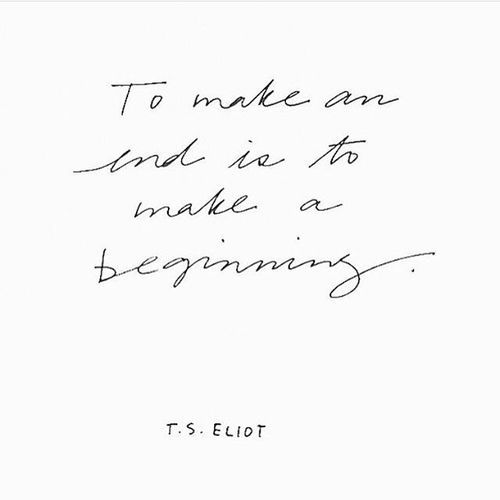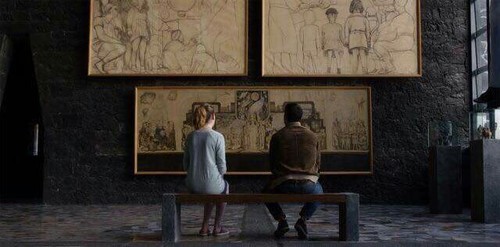What do you think?
Rate this book


429 pages, Paperback
First published January 1, 2006

You get to discover together with David his life story in a similar way in which you discover stories when/after visiting a museum. You see objects, you read their description, their history, their importance in the characters’ life, you might even start investigating more and digging for more details. Then, you compile all the stories about the objects you’ve seen and this helps you scribble a story in your head. It’s not a complete one, a story can never touch all the aspects of a real life, but you get a very clear picture of what it must’ve been like. And this is what Jon McGregor does: he tells us the story of two normal people (just like me, or you or someone we know) who are fragile as only humans can be and he explores where it all begins (how they turned to be the people they are, when exactly they began making certain mistakes, what determined them, how they became depressed, what made them happy or unhappy, what was the exact beginning of the outcomes of the present).
“These things, the way they happen. These things, the way they begin.” “Isn’t it funny to think we almost never met?”